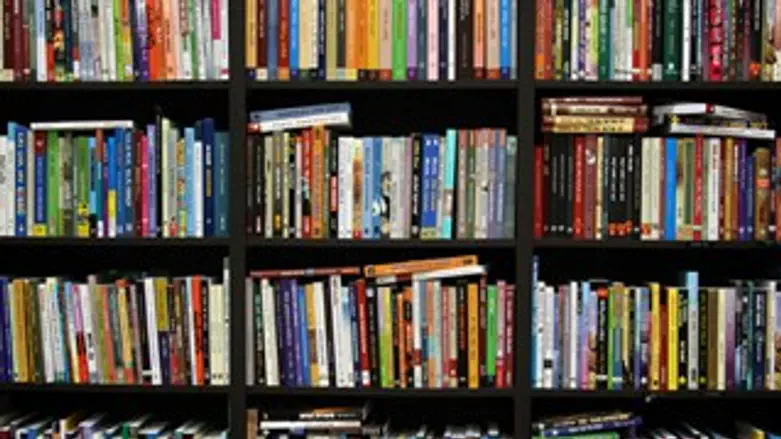
Jan Lööf never imagined that his most successful book, “My grandfather was a pirate”, also distributed at McDonald's in Sweden, would one day receive an ultimatum from his publisher. The writer faced a choice: either delete some “racist” drawings from the children's book first published in 1966 or suffer blocking of the publication. Bonnier Carlsen, the publisher, has already withdrawn the five thousand copies of the book still on the market.
The publisher rejects the accusation of censorship, explaining that the house needs to “respect young readers”, among whom there are many immigrants. The childrens’ book's “guilt” is featuring, among other characters, the wicked pirate Omar and the street peddler, Abdullah.
Two years ago, Swedish Television decided to cut some scenes from the television adaptation of Astrid Lindgren's bestseller, “Pippi Longstocking”. It took out the phrase “King of the Negroes”.
For the current stereotypes-in-vogue, even Cinderella is too obedient for feminists, too subordinate. Too racist is the Oompa Loompa of the “Chocolate Factory”. No mercy for Tintin in the Congo, and even Aladdin has to be censored, because the good guys of the story speak a perfect English, while the bad ones have Arab accents. “Pinocchio” must be condemned because he stigmatizes people with disabilities: in the fairy tale of Collodi, unacceptably, a disabled fox and a blind cat play the part of the criminals.
Why not renaming Dostoevsky’s “The Idiot” and "The Idiot's Girl" in homage to the gender theory?
What Harold Bloom called the “School of Resentment”, composed of Marxists, Deconstructionists and Feminists, has launched a petition to “decolonialize” the literature courses at Yale, purging Chaucer and Milton, Pope and Eliot.
So the “Great Gatsby” is accused of “misogyny”, Huckleberry Finn of “racism”, “Mrs. Dalloway” of an “apology of suicide”. The list is long. California University, Oberlin College, Rutgers University, University of Michigan, George Washington University and other universities are grappling with this new literary censorship fever.
And the academics surrendered to political correctness faster than Marshal Pétain to the Nazis. “The Great Gatsby” by Fitzgerald is often accompanied by this trigger warning: “Suicide, domestic abuse and graphic violence”. It happens, to follow the anti-racism wave, that “Black Elk speaks” by John Neihardt replaces Cervantes. It happens that “Lolita” by Vladimir Nabokov, which got Iranian girls dreaming, on campuses has the odour of “pedophilia”, as does “Dubliners” by James Joyce.
The first writer to revolt against this sanctimony was Saul Bellow, who condemned those who had canceled from the list of authors to be studied all the great male writers, white, European and dead. “Who is the Tolstoy of the Zulus? Who is Marcel Proust of Papuasia?”, Bellow said. The answer has not yet been found.
And somehow, despite it all, the sonnets of William Shakespeare are still preferred to the African rhymes of Maya Angelou.